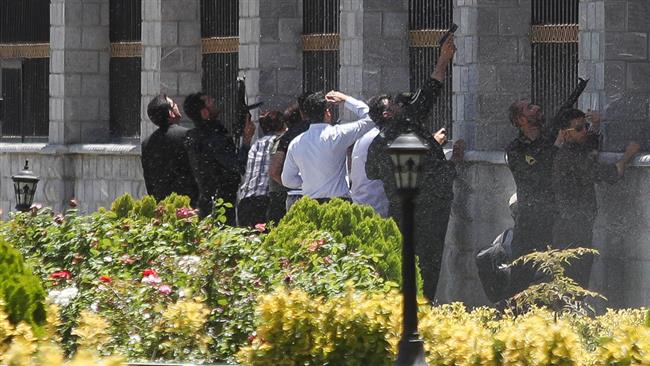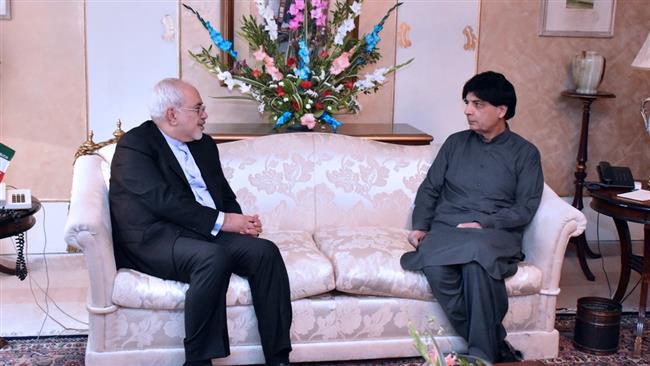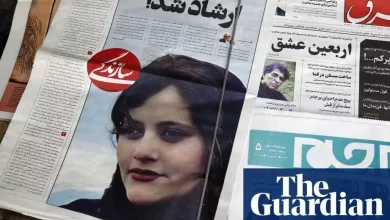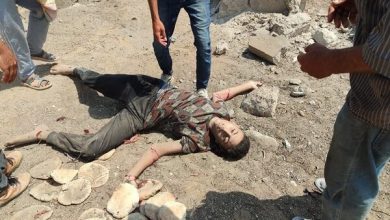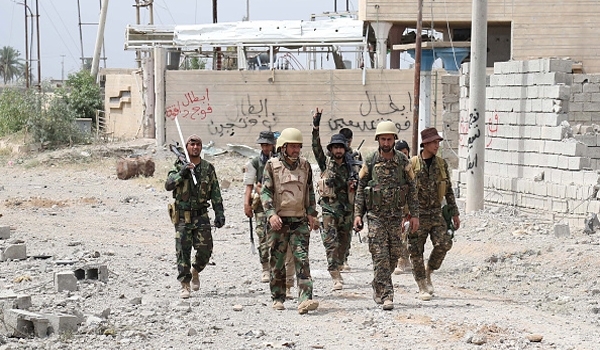Condemnations pour in as Turkey continues Syria military operation
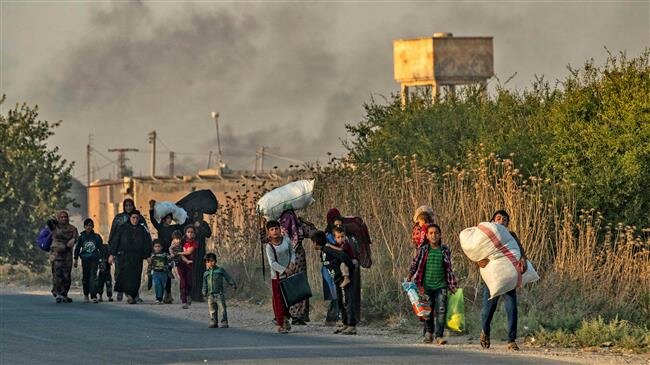

Turkey’s military operation against Kurdish militants in northeast Syria has sparked a wave of condemnations from across the world, with the UN Security Council and Arab League set to hold emergency meetings.
In a post on its Twitter account early Thursday, the Turkish Defense Ministry said the troops participating in Operation Peace Spring were advancing east of the Euphrates River following a ground offensive.
Turkey’s Vice President, Fuat Oktay, also took to Twitter to stress the army’s resolve to keep fighting the Kurdish militants in Syria, which Ankara views as terrorists linked to local autonomy-seeking militants of the Kurdistan Workers’ Party (PKK).
“Turkey, acting within the framework of its rights arising from international law and the ‘right of self-defense’ set out in the UN Charter, is determined to drain the swamp of terror that threatens our borders and poses a threat to the whole world,” he said.
“It is our greatest expectation that the world public opinion will have the same determination in the fight against terrorist organizations,” he added.
Turkey launched the operation in northeast Syria on Wednesday; just days after the US pulled forces out and abandoned its Kurdish allies there.
Several countries raised concerns about Turkey’s Syria campaign, demanding a halt to the offensive.
On Wednesday, Australian Prime Minister, Scott Morrison, voiced worries about a possible resurgence of the Daesh Takfiri terrorist group in the aftermath of Turkey’s operation.
Morrison said he was “deeply concerned” about Turkey’s actions and has expressed his concerns about the safety of civilians and the Kurdish people to both the Turkish and US governments.
Additionally, European Commission President, Jean-Claude Juncker, urged Turkey to halt its military operation in Syria.
“I call on Turkey as well as on the other actors to act with restraint and to stop operations already, as we are speaking, underway,” he said while acknowledging Turkey’s security concerns on its Syrian border.
“If the Turkish plan involves the creation of a so-called safe zone, don’t expect the European Union to pay for any of it,” he warned.
Moreover, Egypt’s Foreign Ministry “condemned in the strongest terms the Turkish aggression on Syrian territory,” saying the offensive “represents a blatant and unacceptable attack on the sovereignty of a brotherly Arab state.”
Egyptian President, Abdel Fattah el-Sisi, discussed the issue with his Iraqi counterpart, Barham Salih, in a phone call on Wednesday.
“The Turkish aggression … represents a dangerous development that threatens international peace and security and exacerbates the crisis situation in the region,” Egypt’s Akhbar el-Yom quoted presidential spokesperson Bassam Rady as saying.
Meanwhile, the so-called Syrian Observatory for Human Rights (SOHR) said the Turkish bombardment of northeast Syria had killed at least 15 people, eight of them civilians, and injured more than 40 others.
The Turkish Defense ministry said on Wednesday that the army had hit a total of 181 militant targets with airstrikes and howitzers since the start of the operation.
However, the so-called Syrian Democratic Forces (SDF), a US-backed anti-Damascus alliance of mainly Kurdish militants, said Turkish forces had not advanced and that their ground attack has been repelled in the Syrian town of Tell Abyad.
SDF spokesperson Mustafa Bali also reported a Turkish shelling offensive in the vicinity of al-Chirkin prison, which hosts Daesh prisoners.
The UN Security Council is expected to meet on Thursday to discuss the situation in Syria at the request of the body’s five European members, Britain, France, Germany, Belgium and Poland.
The Arab League is also set to hold an emergency meeting on Saturday following a call to do so by Egypt.
